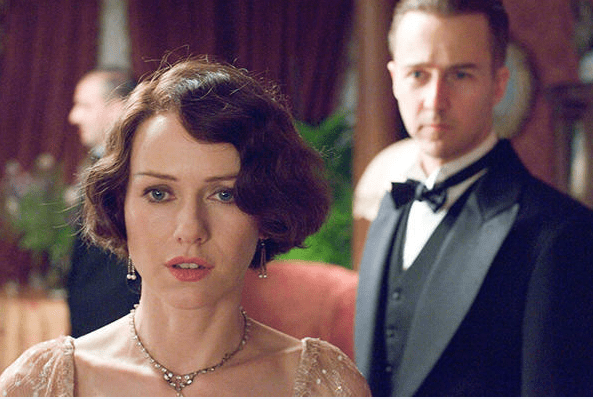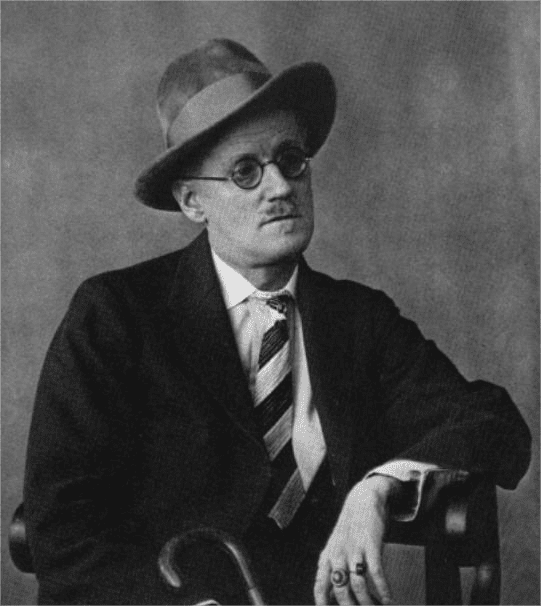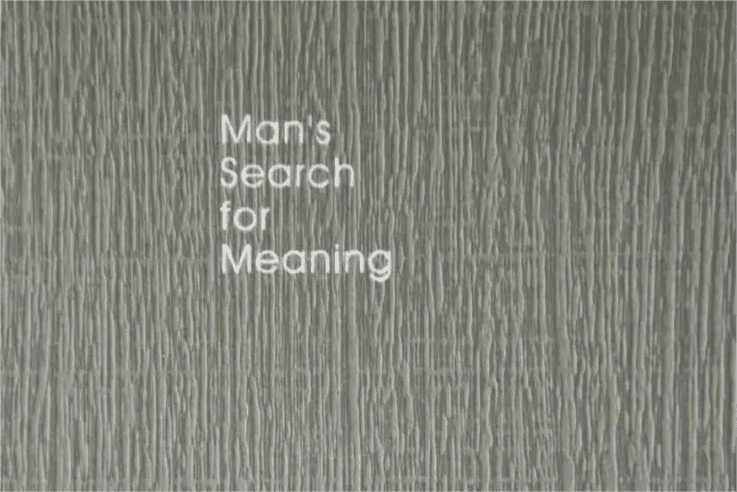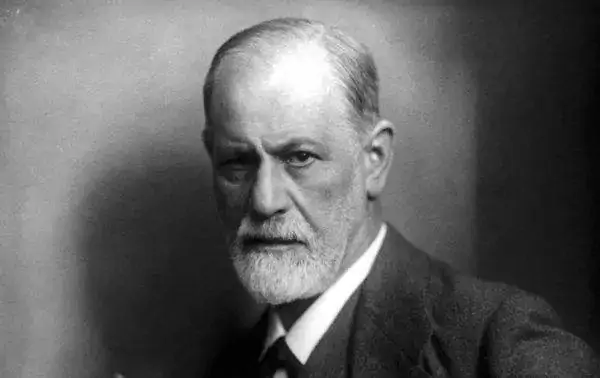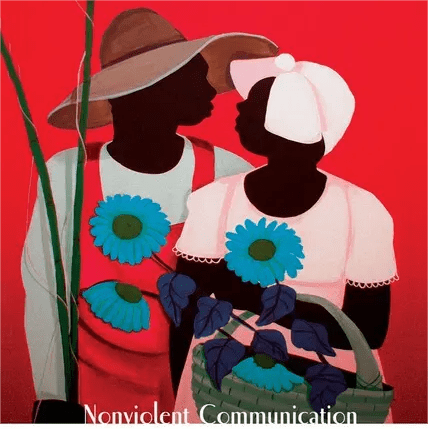Having read the rest of the hundred or so pages, I have to say that the second half of the book is excellent. Reading this book is like a baptism of the soul. We grow up with the heroine in the book, follow the light of faith through pain, only to be pulled back to hell when we are about to reach heaven, and then climb through the pain of hell, and finally return to the book of human love. It seems that we are back to the foolishness of youth, and then jump into the calm of seeing through the world at the age of 30, and we look back, Looking back at their growth, and in the growth of the heroine to get another kind of spiritual growth.
I have to admit, by the time I got to page 100, I was reading it as if it were a romance novel. That’s what a woman should do when she sees a man who cheats and plays with her feelings. But Maugham was an older man, probably in his 40s when he wrote this work, and his conception of the sexes was not as naive and romantic as ours. Just as a child’s dependence on his mother is an instinct as a creature, the emotion between the sexes is also an instinct, which includes many unexplainable human nature and physical nature. After reading this book, remembering that “The Painted Veil” is one of Maugham’s three masterpieces on human nature “, does Maugham want to analyze love and family affection for us? No, what he wants to analyze is human nature, which is interspersed with all kinds of emotions, such as love, affection and sympathy, and it is in a one-size-fits all, mapping thousands of worlds to a drop of water. So when we read it again, it’s cruel, it’s cruel because it’s familiar, it’s reasonable, it’s impossible to refute. You will find that Maugham tore apart all kinds of clothes of love and affection, and the inner is shocking, but you will still be tolerant and understanding when you read the final, you will smile to admit these selfish and crazy stains in human nature. You accept the gray in human nature, not just black and white.
The average novel might end in chapter 70, when we’re sad about Walter’s death, touched by Katie’s rebirth, and the story ends here — in the midst of our suspects’ emotions. “With freedom, she had the courage to face the future without fear,” she says at the end of chapter 70. But the author does not leave us such a good, human nature is not only self-salvation, there is also the inevitable evil, you can not kill the devil in your human nature, even if you have the courage. So the author let Katie fall into hell, so that Tang Sheng has the opportunity to make Katie bitter resentment of himself despise himself. Maugham decided that wasn’t enough, so he added Katie’s father at the end. The relief Katie’s father feels from her mother’s death, and his weariness with being a father, are weird and truly human aspects of kinship — we can’t ignore or even ignore a person’s human instincts just because the public glories fatherly love. Maugham reveals a lot of cruel human nature for us, which is a little embarrassing. So is it “lose-lose”? What you want to tell us is the inherent selfishness and hypocrisy of human nature, the arrogance of desire in instinct… Can’t be covered up. We’re dirty and dirty, okay?
When we see Katie constantly find excuses for her fault, when we see her entangled with Tang Sheng again, we will have a kind of disappointment to humanity, just like a flower cannot be watered on the rock after all, we will be covered by a kind of desolation and powerlessness. And at this time, coupled with her father’s desire for “freedom”, more let us shudder, as if the most intimate relationship in life can not withstand scrutiny. Maugham showed us the ropes when we had no way out. When we finally saw Katie and her father’s tearful embrace, our hearts were so calm and warm. ‘I didn’t reply. I still have hope and courage.” That’s what Katie says on the last page of the book, that after she’s been through so much, so much, she can be honest. When Katie faces up to herself and the evil in her human nature cannot escape, she is a person who has enough courage to face up to life and live calmly. Life is difficult, we push forward. The body will bend under the weight of years, but our humanity will be tempered closer to heaven.
By the end of the book, “Maybe all the wrong things she’s done, all the stupid things she’s endured, aren’t all for nothing — that would be the way to peace.” This is a full stop, to this painting on a very convincing completion. Katie was self-righteous from the beginning, and she was in her element in her own life. Then she gets caught up in the central dance floor of life, married to Walter, tangled up with Tang Sheng, and her ignorance is melting away because she can’t cope with it. Then to Mae Tan Fu, in the face of death, in the face of faith, she began to wake up, there is a self-awareness of the awakening, she began to feel a call. Until Walter died, she left Hong Kong and came out “free”. Of course, we see a lot of selfishness in this freedom — so the desire for freedom is also a human instinct, not a noble ideal. Her painful search from lethargy to awakening, and then to the final acceptance, is a search for self. “Peace,” said the abbot, “is not to be found in work, nor in joy, nor in this world, nor in this monastery, but only in the soul of man.” It’s in the soul, and you’re the only one who’s honest with it.
In reading, there are always some questions that pop up.
Do you think Katie loves Walter or not? In this story, the heroine is Katie. What about the leading man? Maybe it was Walter. Walter doesn’t leave the factory very often, and most of the time he doesn’t move or say anything, but we still love him, don’t we? Does our heroine love him or not? “I’m afraid she doesn’t love him,” she reminded herself for the umpteenth time. However, she cares about the existence of his love. When she feels that she has lost his tenderness, we can say that the “loneliness” is caused by vanity, but there are vanity components in love. Walter had been the only person in the world who truly loved her, and she had become dependent on him without realizing it. She was so proud when she heard others speak well of her husband, Walter. When she thought she had cholera, she needed Walter urgently; When she learned that phantom cloud is also eager to get in Walter’s general pregnant women can get comfort, hope to get Walter’s care and tenderness; And the guilt of seeing Walter so fond of children; After Walter left her, she felt “an unprecedented sense of loneliness,” and she was often afraid, I think, of being truly alone. So she could go on and on saying she didn’t love him, but the more she said it, the more it seemed like a kind of self-justification that she didn’t love him because she didn’t want to love him. Maugham’s focus is on Katie’s spiritual growth, and you can see Katie’s growth and rejection of hypocrisy and choosing to tell Walter the truth — that she doesn’t know who the child is. So Katie is waking up and growing up alone at this time. She only has herself in her heart now and doesn’t even need love. She’s just ignoring it, and I think when she’s in her 70s, she’ll look back and realize that she has feelings for Walter.
So, did Walter really want Katie dead? When he died of cholera, did he kill himself out of despair?
From Walter’s own confession, we know that he actually brought Katie to Mae Tan House in the first place to kill her. And Katie in Mae tan Fu change, is he did not expect. Although Maugham seems to like the character of Walter, you can see that he works seriously, is highly academic, handsome, has a kind of cold temperament, is a man of integrity and kindness. But he was a man, not a god, so Maugham gave him a lot of flaws in his character, such as not being tall and not speaking well. He was also flawed in his humanity. We all know that Walter loves Katie in a submissive way (in which he also refers to the perversion of his love — that is, love in an abnormal state), but when he learns that Katie has betrayed him, he wants to destroy this beloved object, which is also the evil of human nature. So, although we sympathize with him because he is a victim, he is also a manifestation of evil. Of course, he also accomplished his self-redemption in the end. When Walter learned that Katie was pregnant, he asked her to leave Meitan House and said that he was over the incident. And then he succumbed to cholera, and whether he experimented on himself intentionally or accidentally, before he died, his mental consciousness gave us a glimpse of his humanity. “Don’t make a fuss. I just took a hard walk. I’m all right now.” He vacillated about whether he should forgive Kitty, whether he should kill her, and so on, because he was a kind man, and because he was cold on the outside and soft on the inside, he resented his inability to be cruel. But from this sentence before he died, we can see that he forgave Katie and forgave himself. “But the dog died.”


